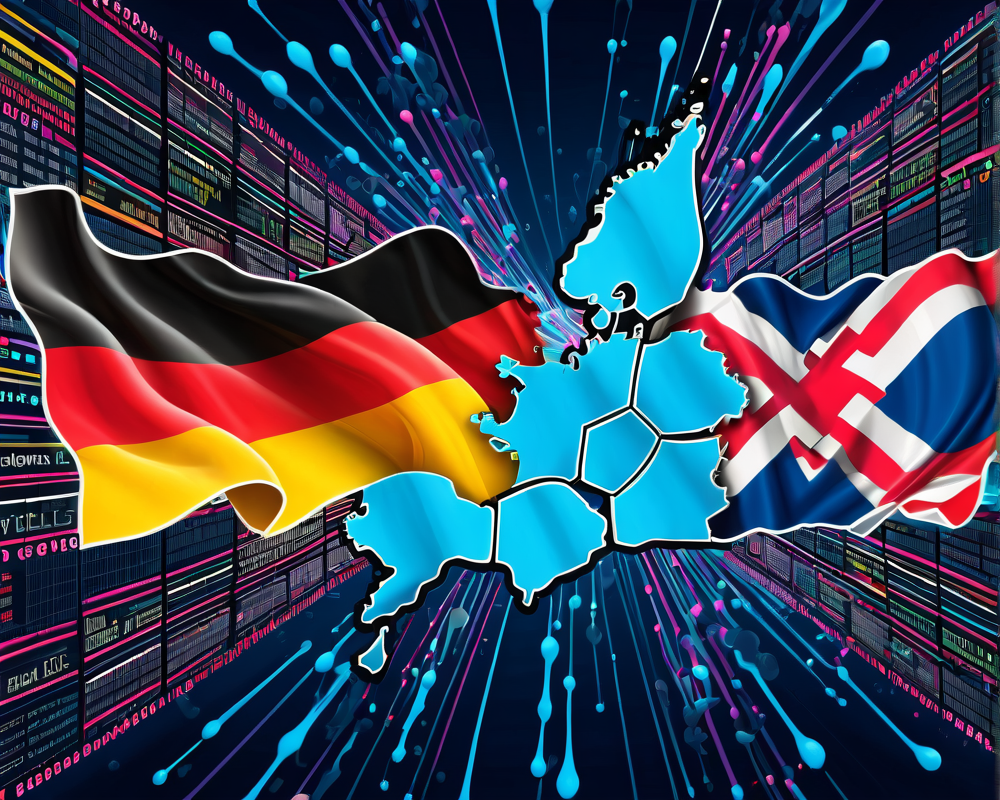The Luxembourg Initiative
This July, Luxembourg took a significant step in the financial landscape by submitting a draft law that updates a previous regulation. The original law, established on March 1, 2019, allowed custodians to manage the registration and transfer of securities. The new draft law embraces the future with a move towards distributed ledger technology (DLT), making way for blockchain-based securities. This means that issuance can happen directly through technology that eliminates the need for physical securities, a truly visual ‘disappearing act’ for paper certificates!
Central Issuance Accounts: Who’s the Keeper?
In this brave new world of blockchain, we’re introduced to the role of the central “issuance account” keeper, or transfer agent. This guardian of digital assets has to be authorized by any member state of the European Economic Area, which broadens the field. Non-Luxembourg institutions can also take part in this scheme. So, if you’re a fancy investment firm based elsewhere in Europe, you might just find a new calling!
Germany Joins the Party
Hot on Luxembourg’s heels, Germany’s Federal Ministry of Finance has unveiled a draft bill aimed at modernizing its securities law. This legislation doesn’t just dabble in the shallow end of electronic securities; it seeks to overhaul the entire system. The idea is to establish clarity amidst chaos regarding decentralized registers and focus on blockchain strategy, ensuring that Germany can flex its muscles as a business hub.
Let There Be Bonds (For Now)
The draft bill currently zeroes in on bonds, but it’s not limited to just those; it hints at extending this futuristic approach to other securities, like stocks and investment funds. This approach could open floodgates to the mass adoption of digital assets at lightning speed while ensuring compliance with various laws. What’s more, it treats electronic securities with the same reverence as their paper counterparts, thus allowing investors the comfort of legal protections they’ve grown to love.
The Bigger Picture: Why This Matters
Germany is acknowledging the shift in the digital landscape with open arms, recognizing the benefits of speed, transparency, and improved settlement times that come with blockchain technology. After kicking off the year by updating laws related to cryptocurrencies, they’re ready to take securities to the next level, all while ensuring that investors have the same rights as before. This is a giant leap toward encouraging technological neutrality in legislation, making sure new laws can adapt to future advancements.
“Why create completely new regulations when existing ones can simply evolve?”
It’s a question worth pondering as the industry moves toward a more integrated digital future.




